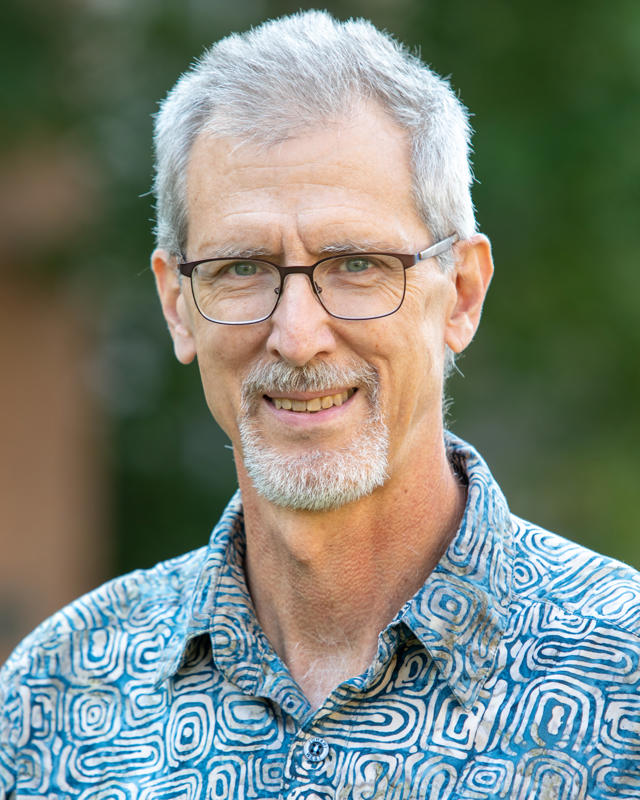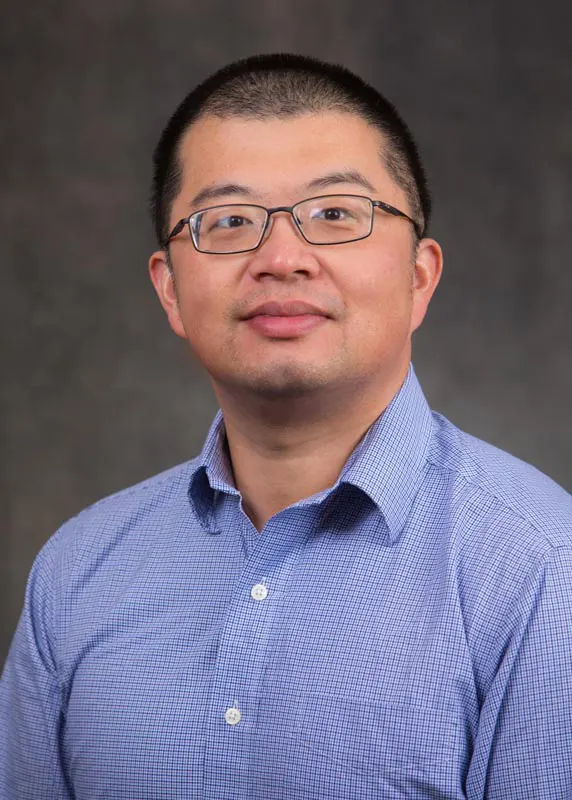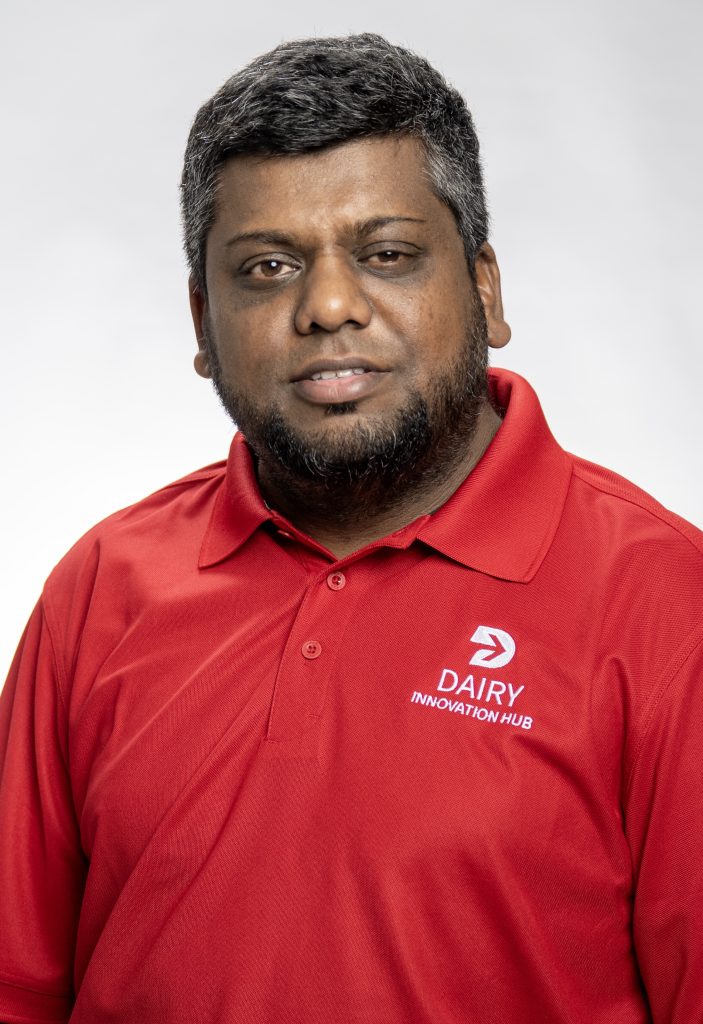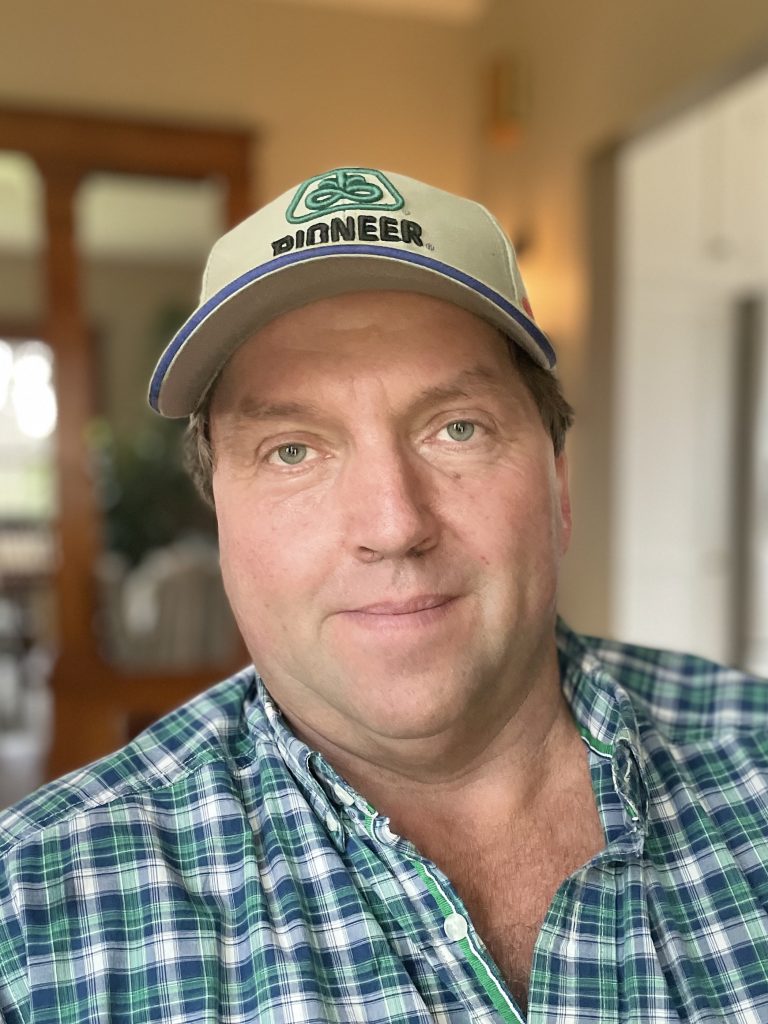Nicholson is an associate professor of animal and dairy sciences and agricultural and applied economics at UW–Madison who specializes in dairy economics. His research specialties include dairy markets and policy, food systems modeling, controlled-environment agriculture, and linkages between agriculture and food security. Nicholson’s position is funded by the Dairy Innovation Hub.
The College of Agricultural and Life Sciences (CALS) and the Dairy Innovation Hub are interested in better understanding how the Hub’s research and outreach efforts are making a difference. The Dairy Innovation Hub, with its detailed records and broad range of projects, offers a great starting point for this kind of evaluation. Ultimately, this effort will help CALS better communicate the value of its work and ensure that research and outreach efforts are making a meaningful difference for Wisconsin’s dairy industry and beyond.










